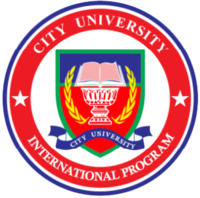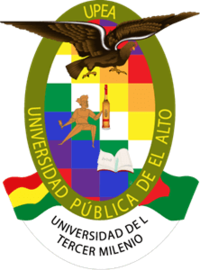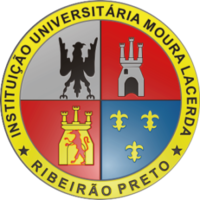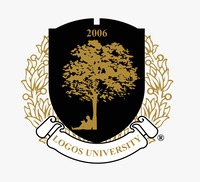
Benefits of Receiving an Honorary Doctorate Degree:
An Honorary Doctorate Degree, while not an earned academic credential, carries a range of benefits and acknowledgments for the recipients:
Special Honor for People with Demonstrated Experiences
1. Recognition of Achievements: The honorary doctorate is a prestigious recognition of an individual's significant contributions and accomplishments in their respective fields.
2. Enhanced Prestige and Credibility: The title of "Doctor" adds a level of prestige and credibility to the recipient's name, elevating their status in professional and public domains.
3. Networking Opportunities: Honorary doctorate ceremonies often involve influential personalities and leaders. This provides recipients with unique networking opportunities, fostering connections with other accomplished individuals.
4. Increased Opportunities for Speaking Engagements: Recipients may find themselves in demand for speaking engagements at conferences, seminars, and other events, leveraging the authority associated with a doctorate.
5. Influence in Their Field: The honorary doctorate reinforces the recipient's influence in their field, opening doors to advisory roles, consultations, and collaborations.
6. Potential for Increased Funding: Individuals with honorary doctorates may find increased support for their projects, research, or philanthropic initiatives due to the elevated status associated with the degree.
7. Legacy and Acknowledgment: The honorary doctorate becomes part of the recipient's legacy, acknowledging their lifetime achievements and contributions.
8. Boost to Personal and Professional Growth: The recognition and respect associated with an honorary doctorate can contribute to personal and professional growth, inspiring recipients to continue making a positive impact.














